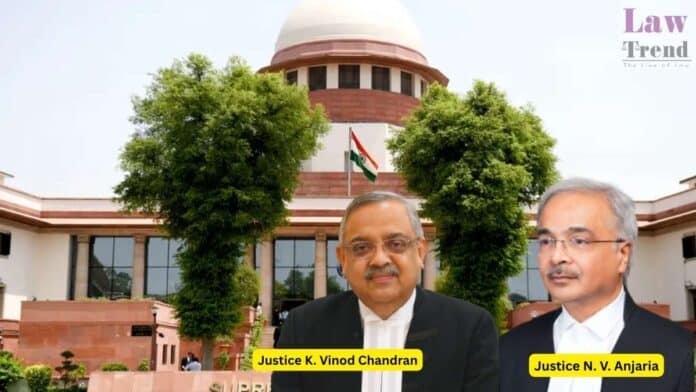The Supreme Court of India, in a recent judgment, has set aside orders from a High Court and Trial Court that admitted a counter-claim filed by two defendants against a co-defendant. The apex court, in Sanjay Tiwari v. Yugal Kishore Prasad Sao & Ors., held that such a counter-claim cannot survive and must be rejected,
To Read More Please Subscribe to VIP Membership for Unlimited Access to All the Articles, Download Available Copies of Judgments/Order, Acess to Central/State Bare Acts, Advertisement Free Content, Access to More than 4000 Legal Drafts( Readymade Editable Formats of Suits, Petitions, Writs, Legal Notices, Divorce Petitions, 138 Notices, Bail Applications etc.) in Hindi and English.




